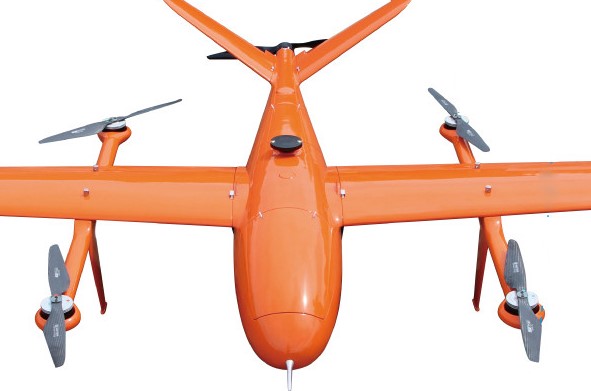All 82 Saskatchewan RCMP detachments are expected to have drones by April 2024 (file photo).
All 82 Saskatchewan RCMP detachments are slated to have remotely piloted aircraft systems (RPAS) at their disposal by April 2024, and the Carlyle detachment is one of 32 already using the technology.
RCMP Insp. Devin Pugh said the equipment is proving very beneficial.
"Carlyle has used theirs quite often in regards to missing people where we need to do a search and rescue operation," said Pugh. "They've used it also during some more serious incidents like critical incident responses where people are either barricaded in the house or have fled from police."
Pugh said they are having "success stories" on a weekly and sometimes daily basis.
He recalled a cold spring night when a male went missing at a provincial park near Meadow Lake.
"His family reported him missing and we attended. We were able to launch our RPAS and within 22 minutes - it was an insane amount of quickness - 22 minutes from the time we arrived to when we located him and were able to direct our officers on the ground to rescue him and bring him out to safety."
Pugh said the drones will cost about $8,000 to $10,000 and have thermal and high-definition cameras.
There will be two types of drones.
 The Mavic can fly for one hour (photo: Saskatchewan RCMP).
The Mavic can fly for one hour (photo: Saskatchewan RCMP).The Mavic can fly for one hour (photo: Saskatchewan RCMP).
The multi-rotor Mavic, which can fly up to 65 kph, operate for an hour, and take off and land vertically will be used for crime scene photography, motor vehicle accident reconstruction, rapid reconnaissance of hazardous environments, and short-term critical incident monitoring.
 The Sky Fury can fly for seven hours (photo: Saskatchewan RCMP).
The Sky Fury can fly for seven hours (photo: Saskatchewan RCMP).The Sky Fury can fly for seven hours (photo: Saskatchewan RCMP).
The fixed-wing Sky Fury can fly at 90 kph, can operate for seven hours, and can also take off and land vertically but transitions while airborne to fixed-wing flight. It will be used for search and rescue, responding to and monitoring critical incidents (such as an armed and barricaded individual in a house), and disaster response (monitoring a forest fire approaching a community).
Pugh added that the drones are subject to the same Transport Canada regulations as planes and helicopters.
"We do adhere to privacy laws and if we are looking at something where a person has an expectation of privacy and be at their backyard of their house, we have to obtain a judicial authorization for that."
RCMP officers will go to Regina, Prince Albert, or another place for a week-long training stint that includes a Transport Canada course, along with RCMP-specific instruction and systems training.












